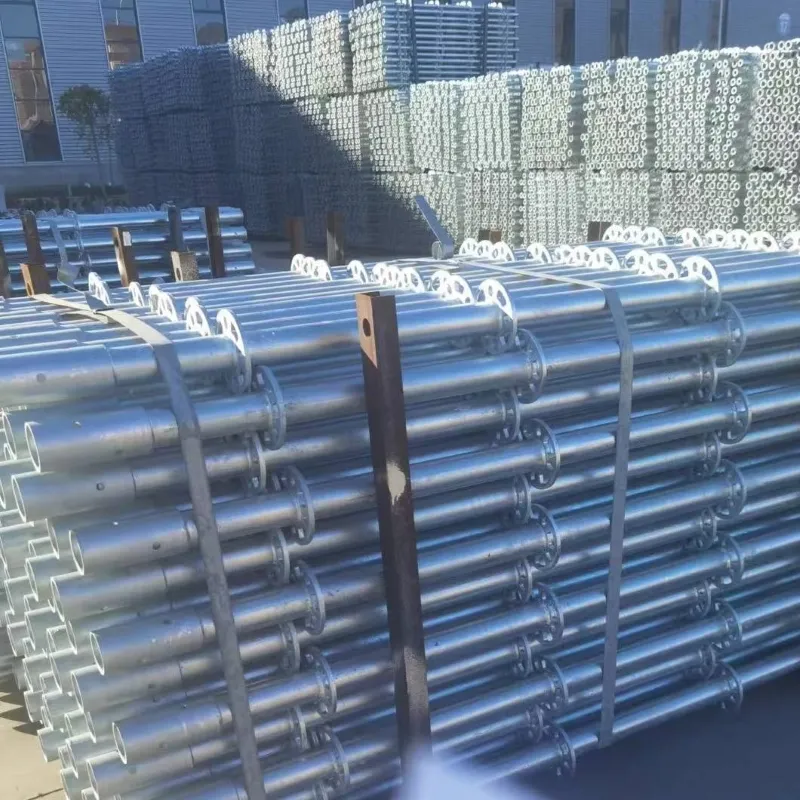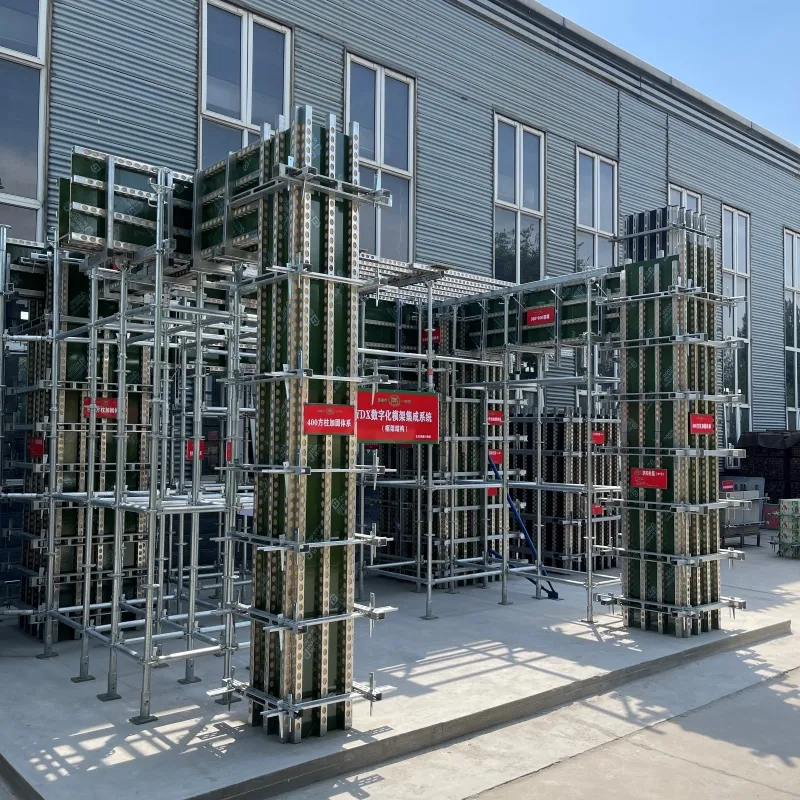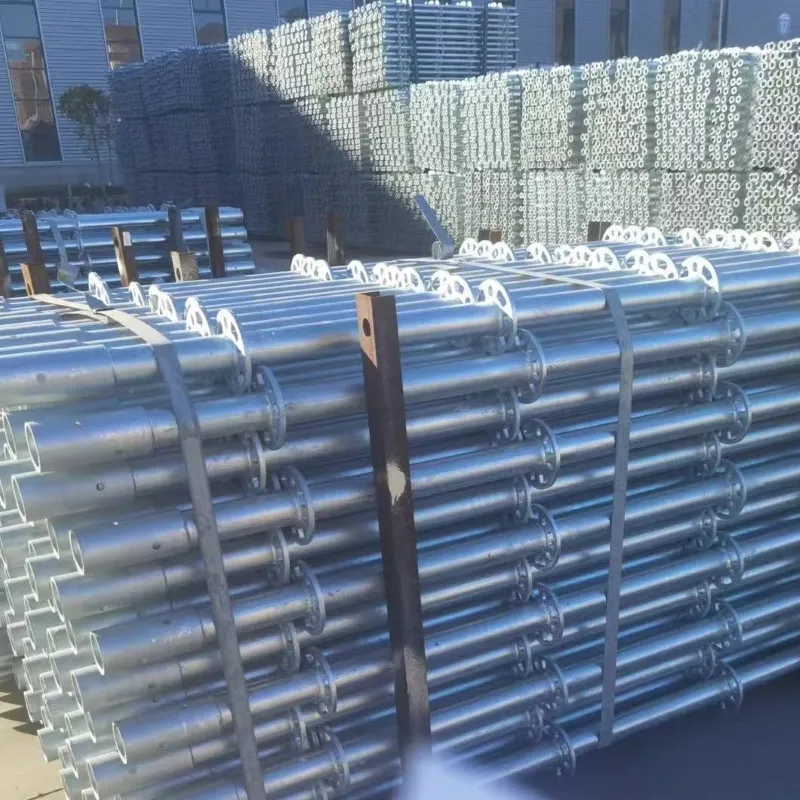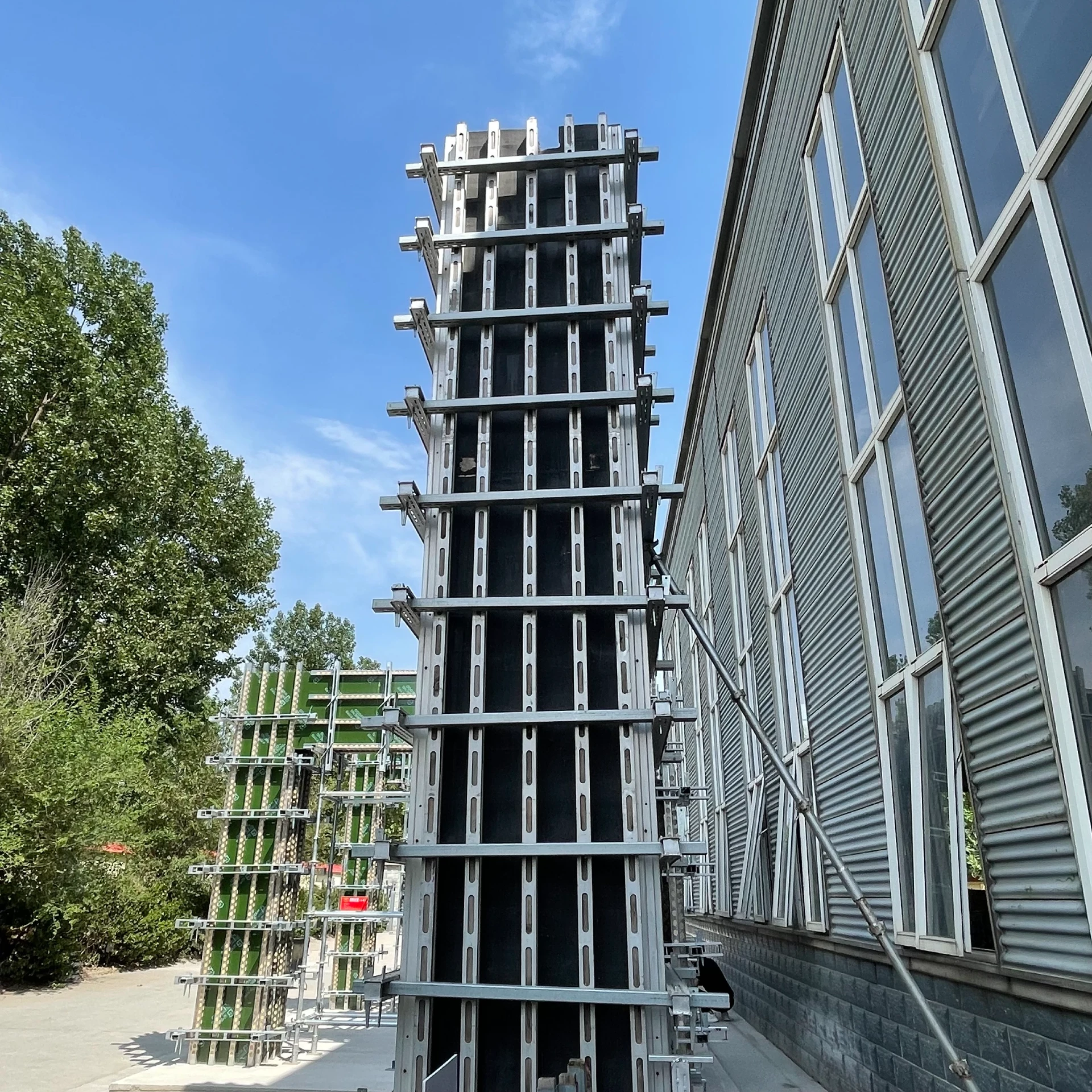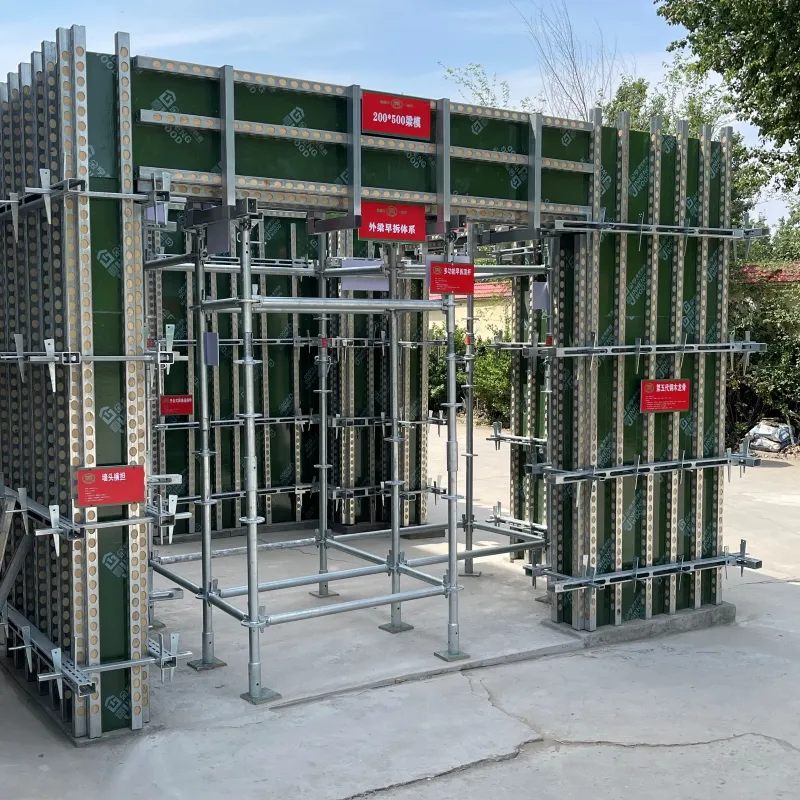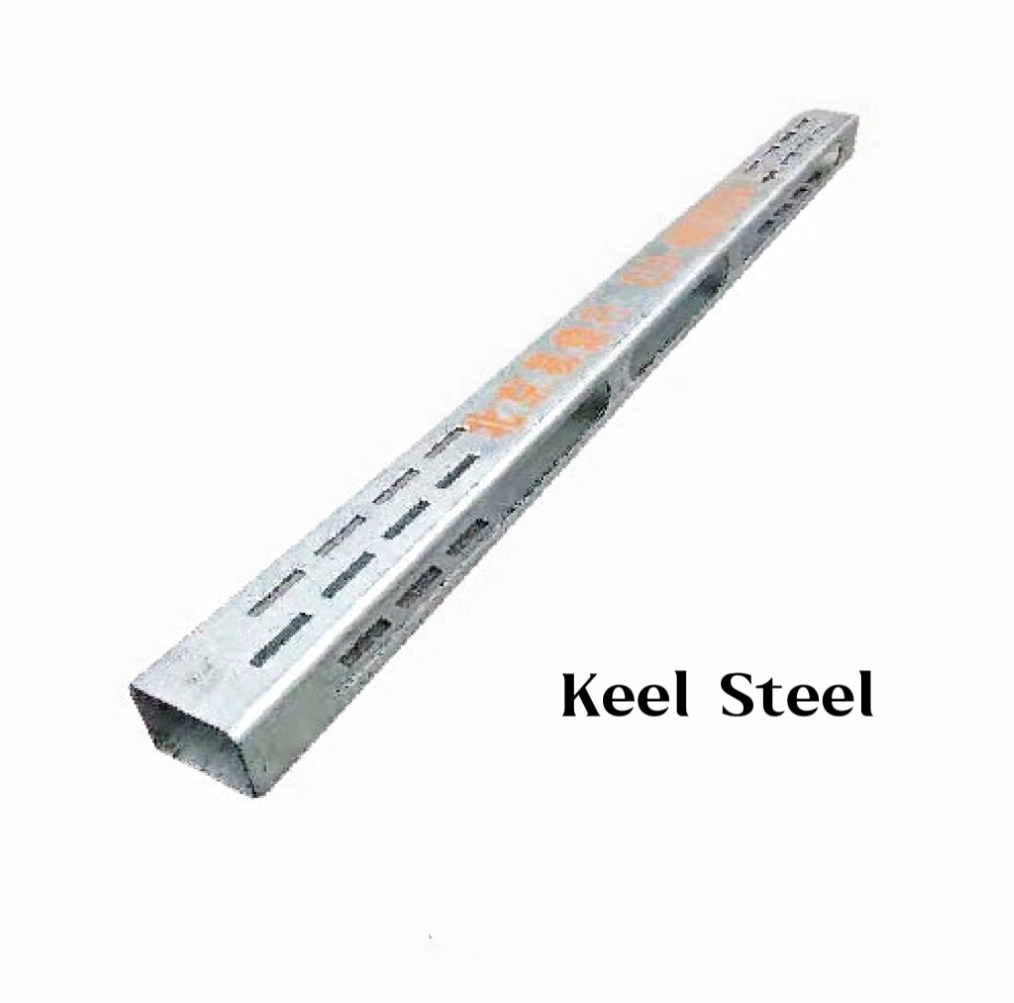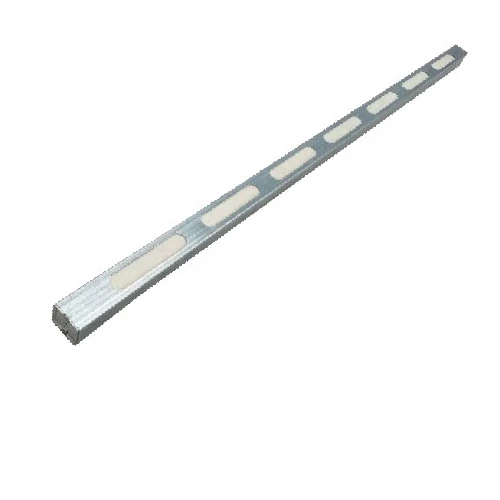
Feb . 01, 2025 06:07
Back to list
Accessories
When considering the implementation of insulated concrete formwork (ICF) in construction, cost is a pivotal factor that influences the decision-making process. As an innovative building method, ICF offers numerous advantages but also comes with specific financial considerations that need expert analysis.
Trustworthiness in adopting ICF construction also stands prominently due to its durability and decreased maintenance costs. ICF structures are not only robust but also have a longer lifespan, reducing the need for repairs or structural replacements. Additionally, for environments sensitive to noise, ICF provides superior soundproofing compared to standard building materials, which can be a considerable asset in urban settings or areas with high environmental noise pollution. In a product-focused analysis, the cost efficiency of ICF should also consider the potential increase in property value. Energy-efficient homes, especially those with certifications or demonstrated reduced utility costs, can command a premium in real estate markets. Homebuyers are increasingly cognizant of the long-term benefits associated with sustainable building methods, which can make ICF-constructed homes more attractive. Moreover, various incentives and rebates are available for energy-efficient construction through government or utility programs. These financial incentives can reduce the effective cost of ICF projects, making them more competitive with traditional construction methods. In conclusion, while the short-term costs of insulated concrete formwork might be higher than conventional construction techniques, the long-term economic benefits are substantial. The combination of decreased energy and insurance costs, reduced maintenance, potential property value enhancement, and available rebates make ICF a financially sound investment. For those considering this modern building approach, consulting with professionals experienced in ICF implementation can provide a more customized assessment of how these systems can offer economic value tailored to specific building projects.
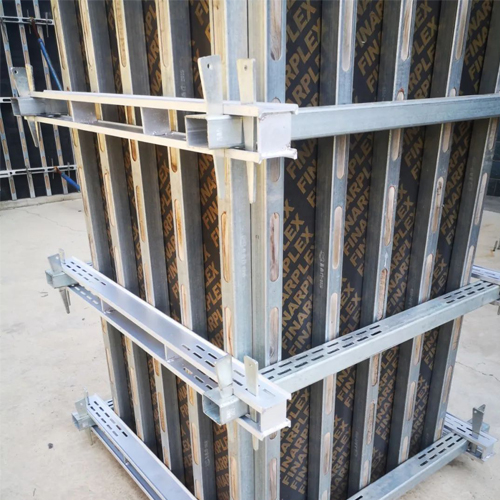

Trustworthiness in adopting ICF construction also stands prominently due to its durability and decreased maintenance costs. ICF structures are not only robust but also have a longer lifespan, reducing the need for repairs or structural replacements. Additionally, for environments sensitive to noise, ICF provides superior soundproofing compared to standard building materials, which can be a considerable asset in urban settings or areas with high environmental noise pollution. In a product-focused analysis, the cost efficiency of ICF should also consider the potential increase in property value. Energy-efficient homes, especially those with certifications or demonstrated reduced utility costs, can command a premium in real estate markets. Homebuyers are increasingly cognizant of the long-term benefits associated with sustainable building methods, which can make ICF-constructed homes more attractive. Moreover, various incentives and rebates are available for energy-efficient construction through government or utility programs. These financial incentives can reduce the effective cost of ICF projects, making them more competitive with traditional construction methods. In conclusion, while the short-term costs of insulated concrete formwork might be higher than conventional construction techniques, the long-term economic benefits are substantial. The combination of decreased energy and insurance costs, reduced maintenance, potential property value enhancement, and available rebates make ICF a financially sound investment. For those considering this modern building approach, consulting with professionals experienced in ICF implementation can provide a more customized assessment of how these systems can offer economic value tailored to specific building projects.
Share
Next:
Latest news
-
The Importance of Reinforcement Bar in ConstructionNewsJul.11,2025
-
The Durability of Timber Steel FurnitureNewsJul.11,2025
-
How to Assemble Fixed Clamp Scaffolding SafelyNewsJul.11,2025
-
Essential Column Rebar Specifications for High-Rise BuildingsNewsJul.11,2025
-
Common Applications of Steel Keels in ConstructionNewsJul.11,2025
-
Benefits of Using Aluminum Scaffolding Ladders Over SteelNewsJul.11,2025
-
Stainless Steel Keel: Analysis of the Triple Advantages of Rigidity, Stability, and LightweightNewsJun.19,2025
Related Products




